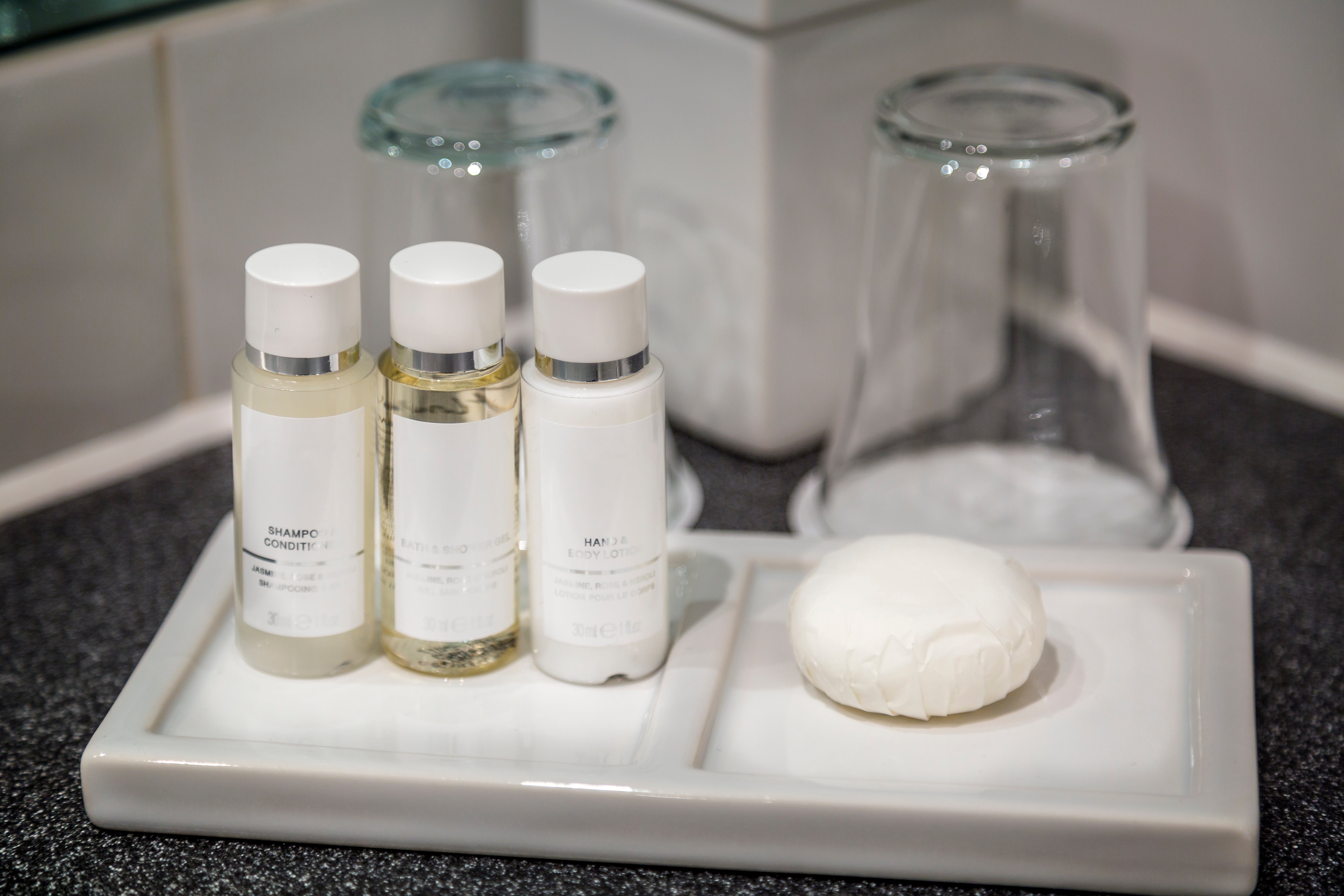Europe could ban miniature hotel toiletries as part of new plastic waste rules
Measures focus on unnecessary packaging, with carbon neutrality by 2050 the primary aim

Your support helps us to tell the story
From reproductive rights to climate change to Big Tech, The Independent is on the ground when the story is developing. Whether it's investigating the financials of Elon Musk's pro-Trump PAC or producing our latest documentary, 'The A Word', which shines a light on the American women fighting for reproductive rights, we know how important it is to parse out the facts from the messaging.
At such a critical moment in US history, we need reporters on the ground. Your donation allows us to keep sending journalists to speak to both sides of the story.
The Independent is trusted by Americans across the entire political spectrum. And unlike many other quality news outlets, we choose not to lock Americans out of our reporting and analysis with paywalls. We believe quality journalism should be available to everyone, paid for by those who can afford it.
Your support makes all the difference.The European Commission has proposed an EU-wide ban on miniature toiletry bottles commonly found in hotel bathrooms.
Part of the European Green Deal’s Circular Economy Action Plan, which focuses on single-use plastic, the European Commissions says it wants to “make sustainable products the norm.”
The plan also aims to reduce packaging waste “by 15 per cent by 2040 per Member State per capita, compared to 2018.”
In order to achieve this, certain packaging will be banned – such as single-use packaging for food and drinks consumed inside hospitality venues, as well as mini shampoo bottles and other similar products seen in hotels.
The Commission estimates each European person creates approximately 180kg of packaging waste per year. Based on this statistic, forecasted figures suggest there would be a further 19 per cent increase in packaging waste by 2030 if no changes were made, and a 46 per cent increase in plastic packaging specifically.
Key steps to be taken cover restricting unnecessary packaging, promoting reusable and refillable options and increasing the use of recycled plastics.
The proposed measures would also make it clearer which recycling receptacle should be used for different types of packaging, with labelling to be required on both containers and bins.
Executive vice-president for the European Green Deal, Frans Timmermans, said: “Businesses are ready to move forward with sustainable, innovative packaging solutions and systems.”
Virginijus Sinkevičius, commissioner for Environment, Oceans and Fisheries added: “More sustainable packaging and bioplastics are about new business opportunities in the green and digital transition, about innovation and new skills, local jobs and savings for consumers.”
The overall aim, Mr Timmermans concluded, is to “know under which conditions such plastics are truly environment-friendly and contribute to a green and circular economy.”
The full proposal has been submitted to the European Parliament and the Council for consideration.



Join our commenting forum
Join thought-provoking conversations, follow other Independent readers and see their replies
Comments